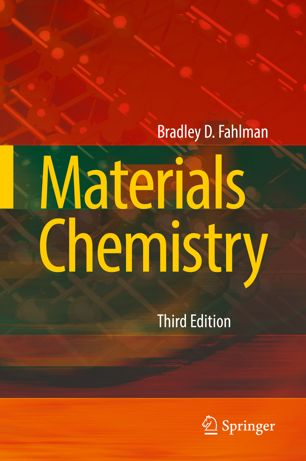

Most ebook files are in PDF format, so you can easily read them using various software such as Foxit Reader or directly on the Google Chrome browser.
Some ebook files are released by publishers in other formats such as .awz, .mobi, .epub, .fb2, etc. You may need to install specific software to read these formats on mobile/PC, such as Calibre.
Please read the tutorial at this link: https://ebookbell.com/faq
We offer FREE conversion to the popular formats you request; however, this may take some time. Therefore, right after payment, please email us, and we will try to provide the service as quickly as possible.
For some exceptional file formats or broken links (if any), please refrain from opening any disputes. Instead, email us first, and we will try to assist within a maximum of 6 hours.
EbookBell Team

4.4
12 reviewsThe 3rd edition of this successful textbook continues to build on the strengths that were recognized by a 2008 Textbook Excellence Award from the Text and Academic Authors Association (TAA). Materials Chemistry addresses inorganic-, organic-, and nano-based materials from a structure vs. property treatment, providing a suitable breadth and depth coverage of the rapidly evolving materials field — in a concise format. The 3rd edition offers significant updates throughout, with expanded sections on sustainability, energy storage, metal-organic frameworks, solid electrolytes, solvothermal/microwave syntheses, integrated circuits, and nanotoxicity. Most appropriate for Junior/Senior undergraduate students, as well as first-year graduate students in chemistry, physics, or engineering fields, Materials Chemistry may also serve as a valuable reference to industrial researchers. Each chapter concludes with a section that describes important materials applications, and an updated list of thought-provoking questions.